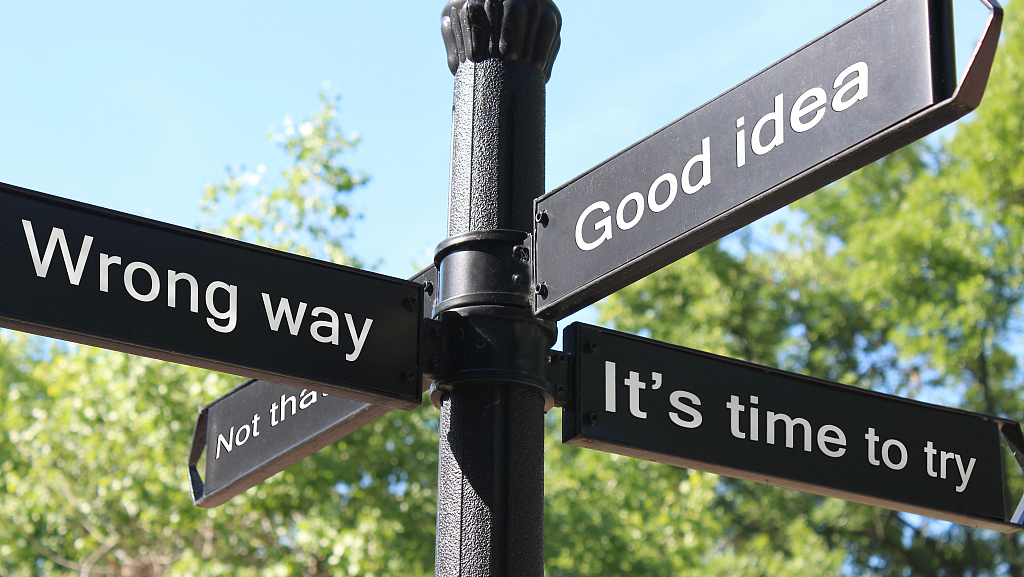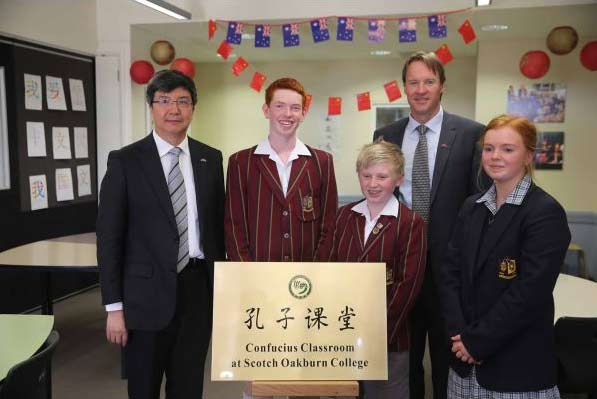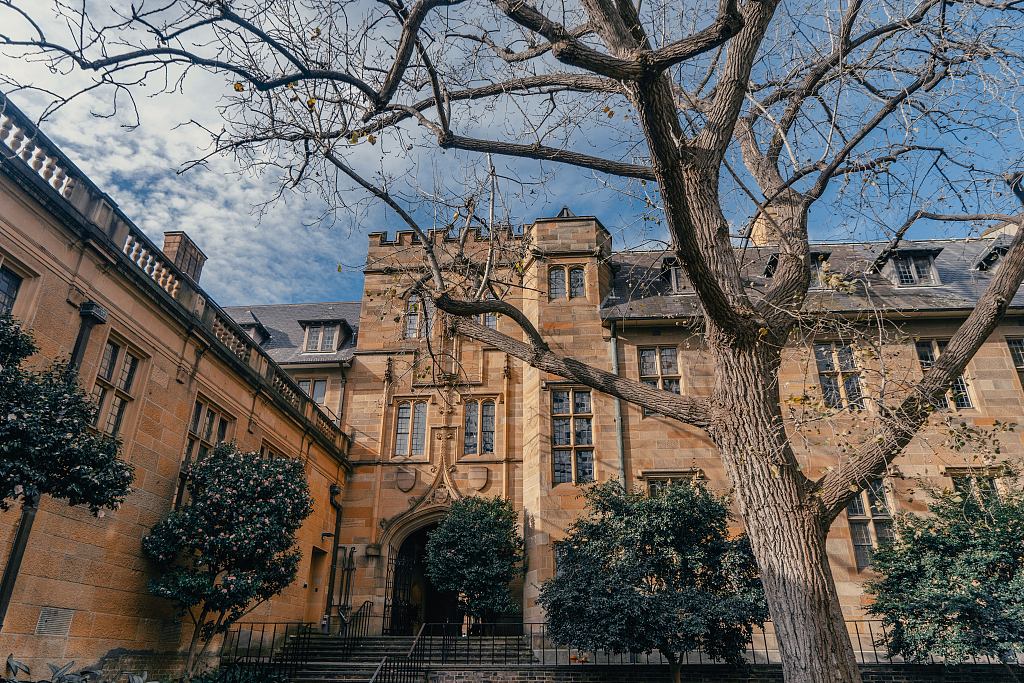

Editor's note: Jiang Ying is an associate Professor in Media and Cross-cultural Communication and Australian Director of Confucius Institute at University of Western Australia. The article reflects the author's opinions and not necessarily the views of CGTN.
American writer E.B. White once said, "Prejudice is a great time saver. You can form opinions without having to get the facts."
Confusing perception with fact is dangerous for the public. When we treat perceptions as facts, we use those perceptions to back us up or to selectively choose facts to back us up. In some recent media coverage on China in Australia, this technique of cherry-picking facts is often found.
As a researcher in media studies and cross-cultural communication, I've found the current confusion between perception and facts in Australia on Confucius Institutes frightening.
Media headlines, eye-catching enough but with no grounded facts. Misrepresented information based on one-sided Australian public opinions on Confucius Institutes have been largely shaped by claims instead of facts. The recent decision made by the New South Wales State Government to terminate its Confucius Institute program in Schools has just pushed it to an extreme level.

The first Confucius Classroom in Australia's island state of Tasmania opens on Nov 18, 2015. /Xinhua Photo
The NSW Education Department's Confucius Institute was launched in 2012. Confucius Institutes are established in universities around the world but NSW is unique in that it has a Confucius Institute located within the Education Department. In December 2017 Ross Babbage, former head of strategic analysis at the Office of National Assessments, called for an urgent review of the Department’s Confucius Institute on the grounds that it was inappropriate for Chinese government-funded personnel to be operating within an Australian state government institution.
In the 51 page long report titled "Review of foreign government/organization support for language education in NSW government schools", it clearly states, "This review has found no evidence of actual political influence being exerted by the Chinese government through the Confucius Institute in NSW public schools. Parents, politicians and academics have raised concerns in different forums but none provide evidence of actual influence. Further evidence would need to be gathered under wider terms of reference to be able to say anything conclusive on this point." In short, no evidence found.
The report explains the decision is due to “the perception of possible foreign influence”. The review finds, however, "that there are a number of specific factors that could give rise to the perception that the Confucius Institute is or could be facilitating inappropriate foreign influence in the department. "
In other words, the report exemplifies a decision that is not made on the ground of “evidence”, but "perception".
It sounds an alarm for the rising anti-Chinese discourse in Australia. Campaigns and media coverage about the concern over China's influence are on rise. Chinese investors are blamed for Australia's unaffordable housing prices while Chinese students in Australia are critized for infiltrating Australian politics for the sake of their country.

Main building of the University of Sydney, Australia, July 8, 2019. /VCG Photo
Due to the homogenizing history of both capitalism and Eurocentrism, a current discourse of misreading China has formed in Australia. It often evokes anxiety because China’s distinctive model is very different from the Western expectation. Accordingly, Australia’s response to China is now characterized by anxiety, sometimes mixed with a touch of paranoia. It is even called the "China syndrome" by some scholars, which is used to describe a condition that is a bit compulsive and not always rational.
The political system in China differs from the West is a fact, therefore, using “Western formula” to make judgment about China could be over-simplistic. It would be more productive if people who are concerned about a fast changing China attempted to understand its hybrid political system and its history first before jumping to conclusions.
A few days ago, Prime Minister Scott Morrison emphasized that China is Australia's comprehensive economic trading partner. Although there are growing domestic voices that Australia should find alternatives to China, the fact is that there is no viable alternative to continued engagement with China in trade or global affairs. The basic economic data alone tells a powerful story: one-third of Australian exports by value go to China. China is Morrison’s biggest test, and Australia China policy needs consistency.
The Australia-China relationship is mutually beneficial, however, the level of anxiety about China’s rise is unlikely to fall in Australia, especially as relations between China and the USA become more strained, right-wing backbenchers keep using China to make noises for domestic political reasons. Australia-China ties will become more challenging in the years ahead. Australia needs more rational thinking and more access to reports based on facts to avoid falling prey to a China syndrome characterized by poor judgment based on perceptions.
(If you want to contribute and have specific expertise, please contact us at opinions@cgtn.com)

Copyright © 2018 CGTN. Beijing ICP prepared NO.16065310-3
Copyright © 2018 CGTN. Beijing ICP prepared NO.16065310-3